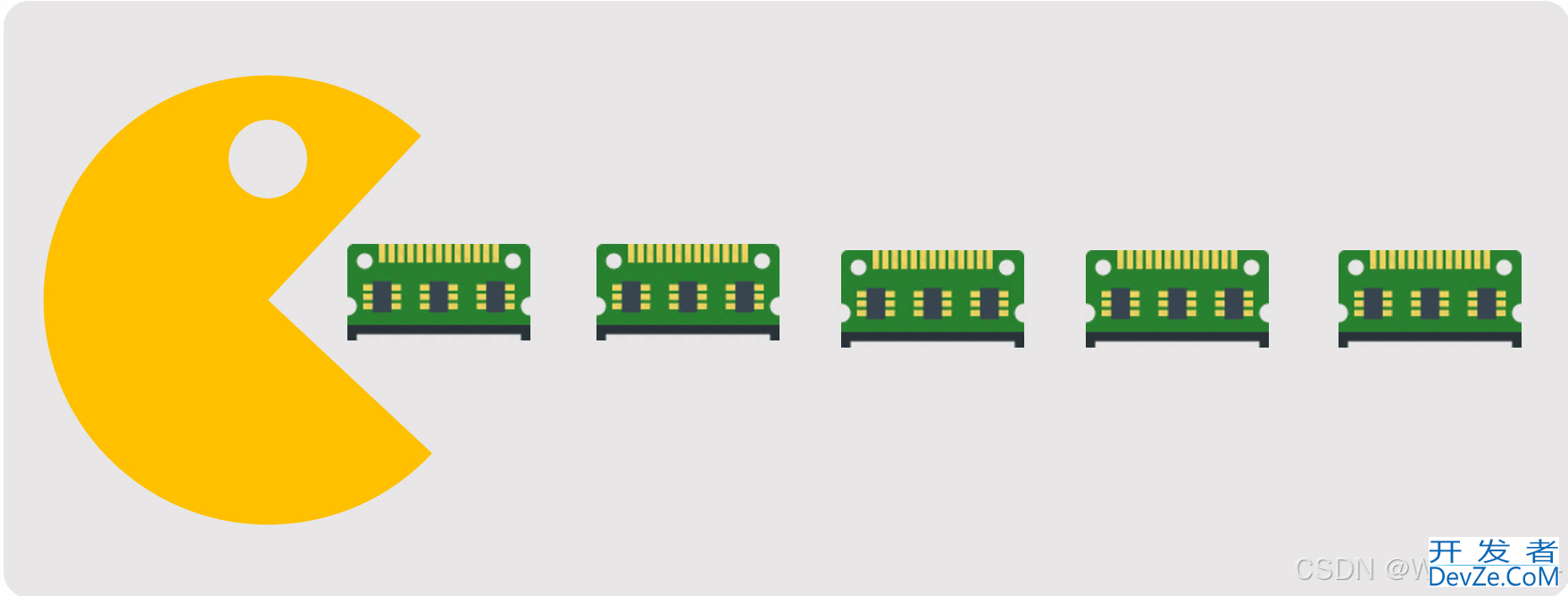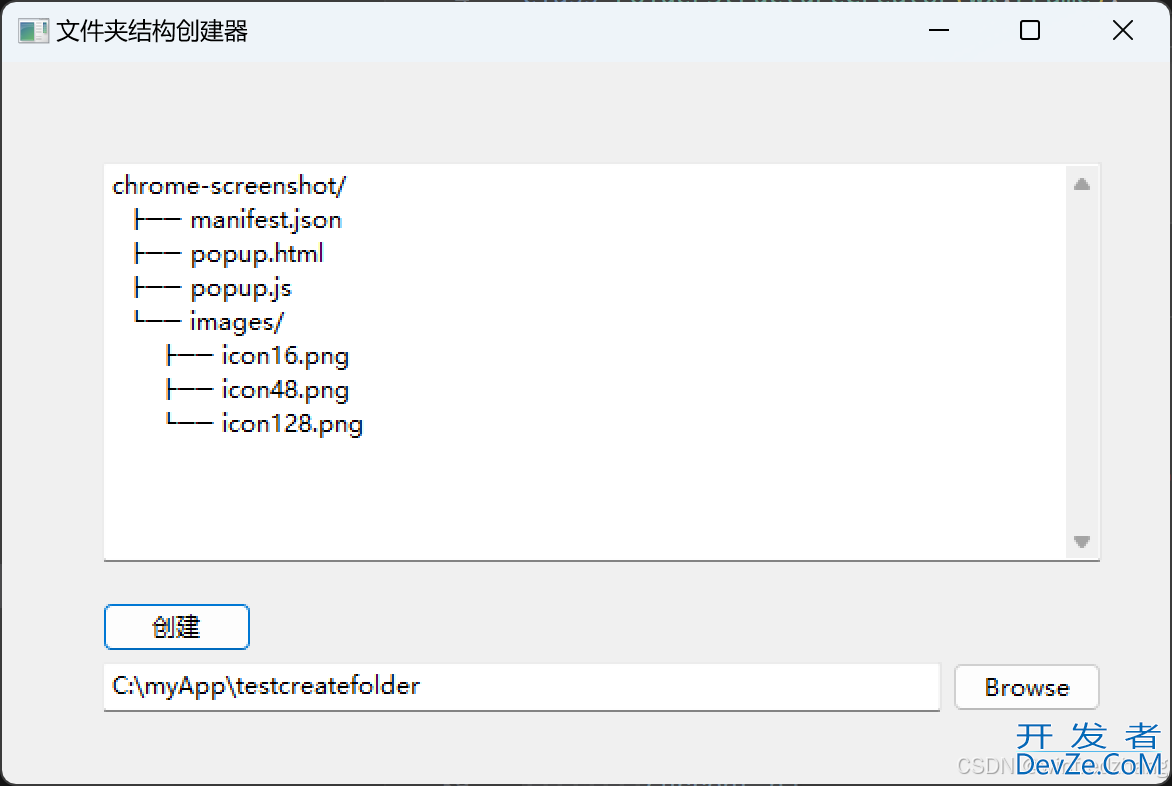目录
- 1 创建JupyterLab运行脚本
- 2 添加Jwww.devze.comupyterLab Service文件
- 3 设置Jupyter Service自启动
- 4 测试自启动服务
1 创建JupyterLab运行脚本
首先找到jupyter-lab命令的位置,一般在~/.localandroid/bin/下,可以创建shell脚本autoJupyterLab.sh:
#!/bin/sh /home/myjetson/.local/bin/jupyter-lab
测试一下脚本的正确性::
./autoJupyterLab.sh
远程连接JupyterLab成功,说明运行脚本没问题。
开发者_JAVA教程2 添加JupyterLab Service文件
Ubuntu18通过systemd管理服务,因此添加服务来开机运行JupyterLab脚本。
服务Service保存在/lib/systemd/system和/etc/systemd/system下。在/etc/systemd/system下创建auto-jupyter.service服务:
[Unit] Description=Auto Load JupyterLab After=network.target [Service] Type=simple User=your_username ExecStart=/your_script_dir/autoJupyterLab.sh Restart=on-failure Res编程tartSec=15s [Install] WantedBy=multjnYrsyVi-user.target
3 设置Jupyter Service自启动
让systemd重新加载service文件:
sudo systemctl daemon-reload
然后设置auto-jupyter.service开机自启:
sudo systemctl enable auto-jupyter.service
这样配置就完成了。
4 测试自启动服务
试着手动运行auto-jupyter.service,看看服务写的有没有问题:
sudo systemctl start auto-jupyter.service sudo systemctl status auto-jupyter.service
重启服务器,远程连接jupypythonterlab,大功告成!
到此这篇关于jupyter-lab设置自启动及远程连接开发环境的文章就介绍到这了,更多相关jupyter-lab设置自启动及远程连接内容请搜索我们以前的文章或继续浏览下面的相关文章希望大家以后多多支持我们!









 加载中,请稍侯......
加载中,请稍侯......
精彩评论